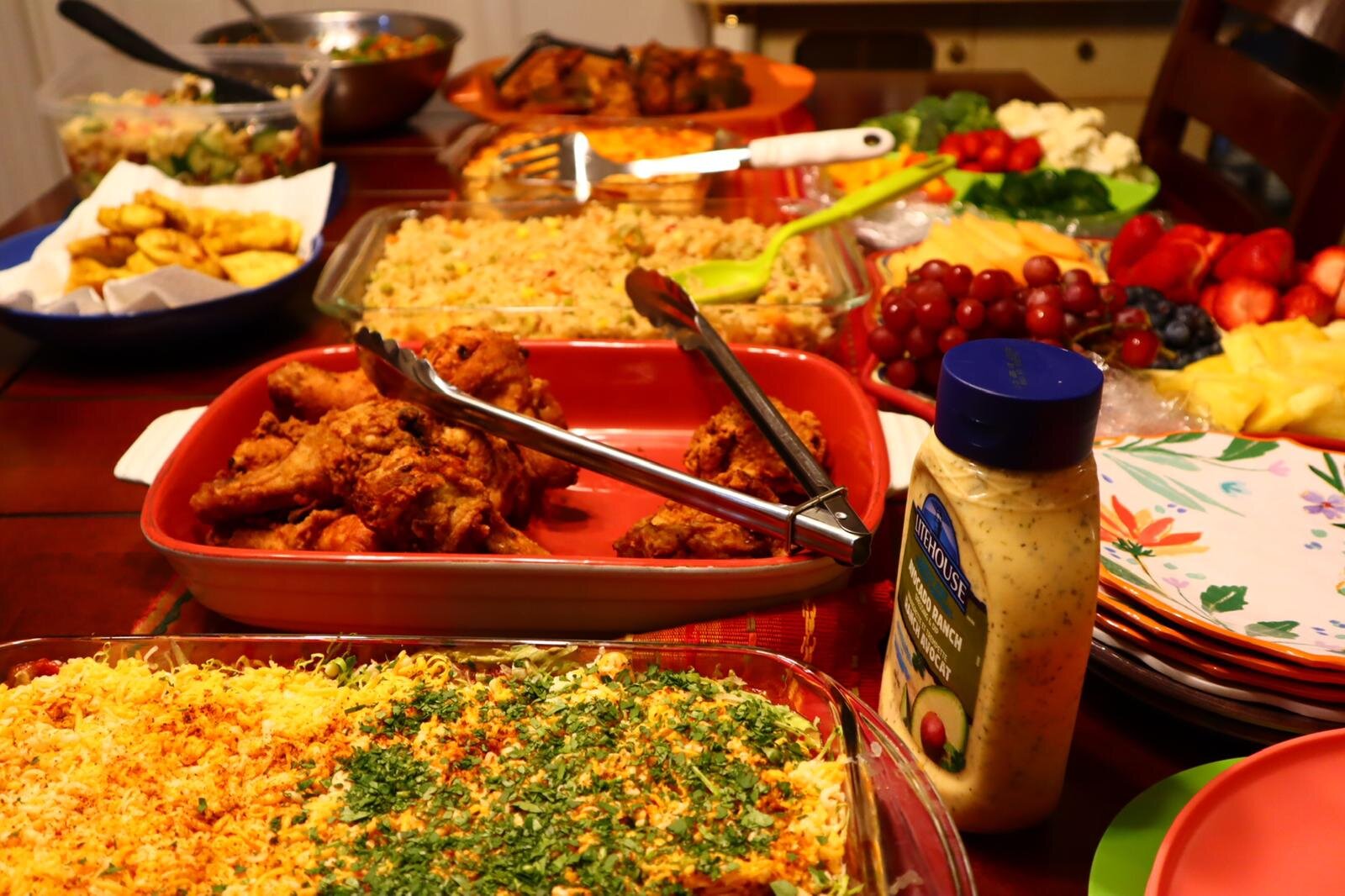Sweet Awkwardness
Lechuga. (Lettuce.)
Calabaza. (Pumpkin…or squash.)
Tomate. (Tomato.)
A new guest’s orientation to their host home recently included a tour of the garden and swapping words for the goodies found there.
We ran stuck on the word for kale—not a big part of a Mexican diet!
As we continued through the house, I clumsily translated instructions about how to use the washer and dryer, where the outlets were, and where the guest could store their food. I completely forgot the word for “light” (luz!), but gestures can do a lot.
Thankfully, “Star Wars” needs no translation, nor does “Harry Potter”. A LEGO Millennium Falcon was immediately recognized.
(How I feel about getting to have Open Homes gatherings again! Hanging out here with our new intern Chloe.)
Despite the vast power difference between hosts and guests (guests are living in the host’s home, after all), there is often a sweetness to these initial meetings. They’re awkward. The host is clumsily trying to make the guest feel at home, sometimes trying out some words in the guest’s language and trying to read cultural cues that they don’t yet understand. The guest is, of course, in a situation that they’ve probably never encountered before. Both are trying to bridge the gap in their own ways. Both are (usually) reaching for relationship across cultural, linguistic, and racial divides.
As much as we’ve spent the last year at Open Homes reflecting on power in our program and how to minimize the vast power imbalance between ourselves, hosts, and refugee-d guests, I still find these initial meetings sweet. They each have to put themselves out there.
The host may love hospitality and meeting people from other cultures in principle. They may even have hosted before. But when the moment arrives of opening the door to someone who you’ve never met and yet are going to live with for the next 3 months, there’s a bit of uncertainty. Will they be comfortable here? How will we get along? What are their first impressions of us? Am I doing this right?
(If a Haitian person invites you for supper, do not say no! We had enough for 2 parties here.)
I don’t want to overstate this—obviously the guest is much farther beyond their comfort zones than the host is. Obviously the guest has been forced to flee from everything they’ve ever known and embark on a courageous journey to seek safety, while the host is still literally at home.
And yet—there’s an opening for relationship, for possible mutuality and exchange and learning, between people who might never have otherwise met. I love that moment. There’s a naked humanity to it that lays bare our need for connection, for belonging. The host chooses a level of vulnerability that can invite relationship, rather than holding refugees at a distance. It’s not support for refugees in general, or in principle, but this person, here, now, in all their individuality and contradictions. The guest chooses to live in a host home rather than a shelter. (Though it’s often a choice that is constrained by a lack of options, it is nevertheless a choice.)
(Some volunteers at a recent gathering. Photo cred for this image and the two before it to an Open Homes guest.)
We try to smooth that initial meeting as much as possible, by…
Giving potential guests information about our program in their own languages, ideally in a written format but at the very least explained through an interpreter;
Sharing the host’s “house rules” (eg. quiet hours, clarity around alcohol use) with the guest to facilitate clear communication, even where there are language barriers; and
Showing guests pictures of the home and the family ahead of time.
There’s only so much that can be done to level that power imbalance and make guests feel safe, but there are a few things we’re working on.
We realized that the host family usually receives more information about the guest than vice versa, and we’re working on setting up more mutual information sharing and expectation setting at the beginning. We also know we have to do better at making honest feedback possible—we’re working on setting up a complaints process and communicating it well to guests so they know who to talk to there’s a problem. (And not the same person who’s been supporting them, like me—in case that person is part of the problem.)
But beyond all that learning and un-learning, it’s that awkward cultural exchange, those unlikely friendships across just about every barrier imaginable, that got me into this work and keeps me doing it. There’s nothing quite like it.
To more awkward cultural exchanges and more beautiful learning from each other!
PS. If you enjoyed this post or learned from it, you could help me out by sharing it with a friend or posting it online. I have to step up my support raising so that my full-time hours match my full-time support, and getting the word out helps!
(One of our first guests (R) recently had a successful refugee hearing! Here he is with his hosts—still hanging out more than 2 years later.)




